Now that Elon Musk has sealed the deal to purchase Twitter for $44 billion, there’s new speculation that China could possess leverage over the billionaire CEO of Tesla Motors.
China is Tesla’s second-largest market, while Chinese battery makers are the primary suppliers for Tesla’s automobiles. He also remarked that after the government banned Twitter in 2009, “the government there had almost no leverage over the platform.”
“That may have just changed,” he said.
This commentary garnered the attention of former Amazon CEO Jeff Bezos, who asked whether China had attained “a bit of leverage over the town square.”
Critics purport that the Chinese regime might try to push Musk to censor those criticizing its treatment of Uyghur Muslims or promote accounts that shower praise on Chinese leader Xi Jinping and the Chinese Communist Party (CCP).
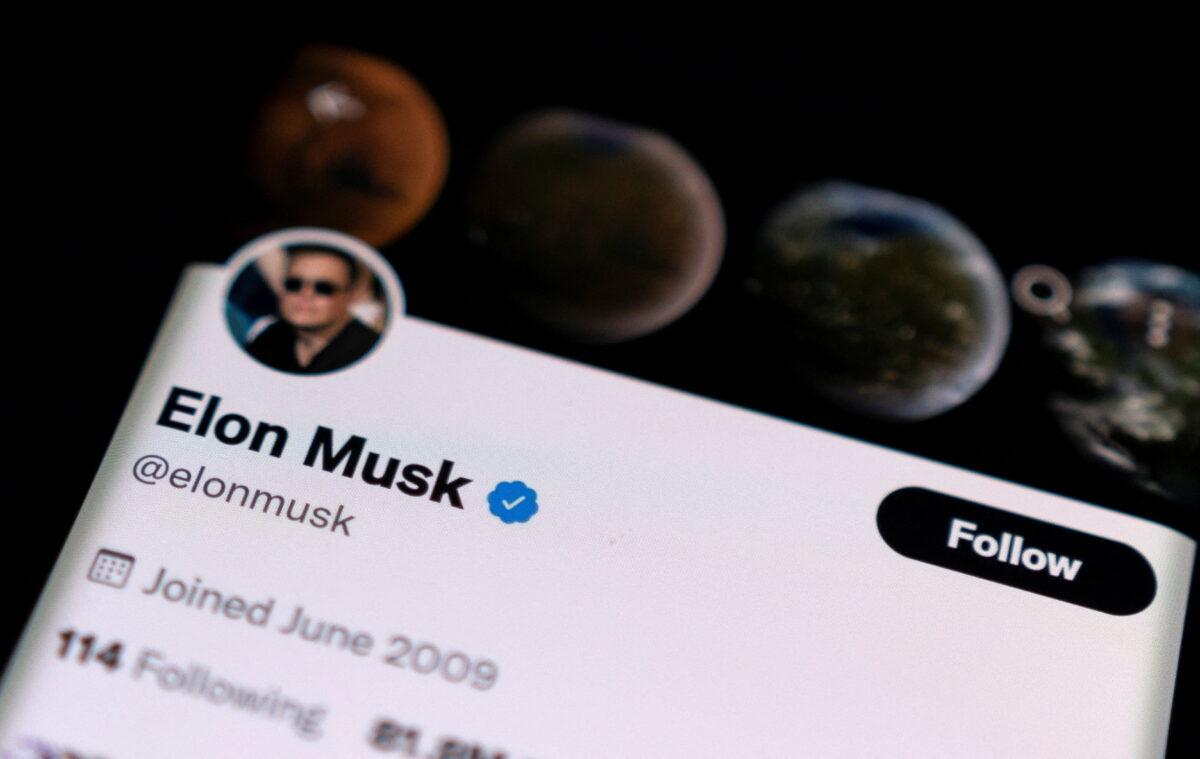
The CCP could try to create obstacles to the Tesla factory in Shanghai or make intellectual property (IP) claims to strongarm Musk into doing the regime’s bidding.
But not everyone agrees that Beijing would hold power over Musk and his latest social network acquisition.
“Elon Musk’s acquisition of Twitter is a big win for free speech. And I do not believe that victory cedes any leverage to China over the platform,” Rep. Chris Stewart (R-Utah) said in a statement. “The premise of Mr. Musk’s purchase is to rescue Twitter from those who allowed the social media company to become an ideological enforcer, as opposed to a free and open communications platform.
“I see no evidence that China holds any sway over his business dealings or decision-making. China is a suppressor of free speech, and Mr. Musk is an advocate for it.”
It is improbable that Beijing would nudge Musk, according to Eric Schiffer, chairman of the Los Angeles-based private equity firm, the Patriarch Organization.
“Chinese influence on Musk is as probably as the Loch Ness Monster visiting Times Square post pandemic,” Schiffer told The Epoch Times.
Technology platforms also regularly make adjustments to their communication services when dealing with the world’s second-largest economy, he said.
“I would say most major technology communication services that have dealt with China have made some modifications,” Schiffer said. “But that doesn’t mean that it would be a modification that would impact the user or the experience or the national security of the United States. It would be confined within the geography of China itself.”
Musk has also been openly critical of the Chinese regime, slamming its response to the coronavirus pandemic as “fascist.”
Last year, Musk was widely lambasted after he faced backlash over concerns that his SpaceX Starlink satellites could damage the country’s space station.
In recent years, Musk has been making a significant push into China, and the regime has showered the EV maker with cheap land, tax incentives, and low-interest-rate loans.
Beijing had ostensibly become dismayed by the country’s EV companies and considered Tesla as a terrific new-energy vehicle alternative to restarting China’s deteriorating automobile industry.
As a result, Musk now has a factory in Shanghai producing more vehicles than its California counterpart. The global supply chain crisis and renewed lockdowns and pandemic restrictions have hindered the plant’s overall productivity. Tesla restarted manufacturing the Model 3s and Model Ys last week, although the outlet has been crippled by strict coronavirus-related protocols, such as temporarily requiring workers to reside at the plant and not return home.
The highly vocal Musk has not commented on these latest “zero-COVID” measures.
Tesla also established a showroom in China’s Xinjiang region. This is an area where the Chinese regime is accused of running internment camps and assimilation programs for Uyghurs and other Muslim minority groups, which the United States and other countries have designated a genocide.
Since 2009, China has blocked access to Twitter. Instead, the mainland relies on a Chinese version called Sina Weibo, which integrates the features of Twitter, Facebook, and Medium.
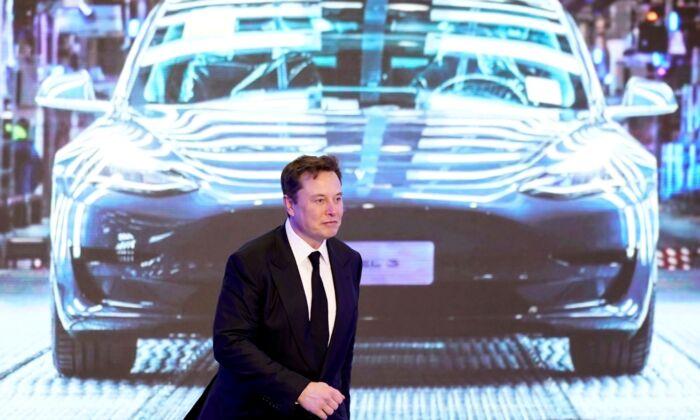

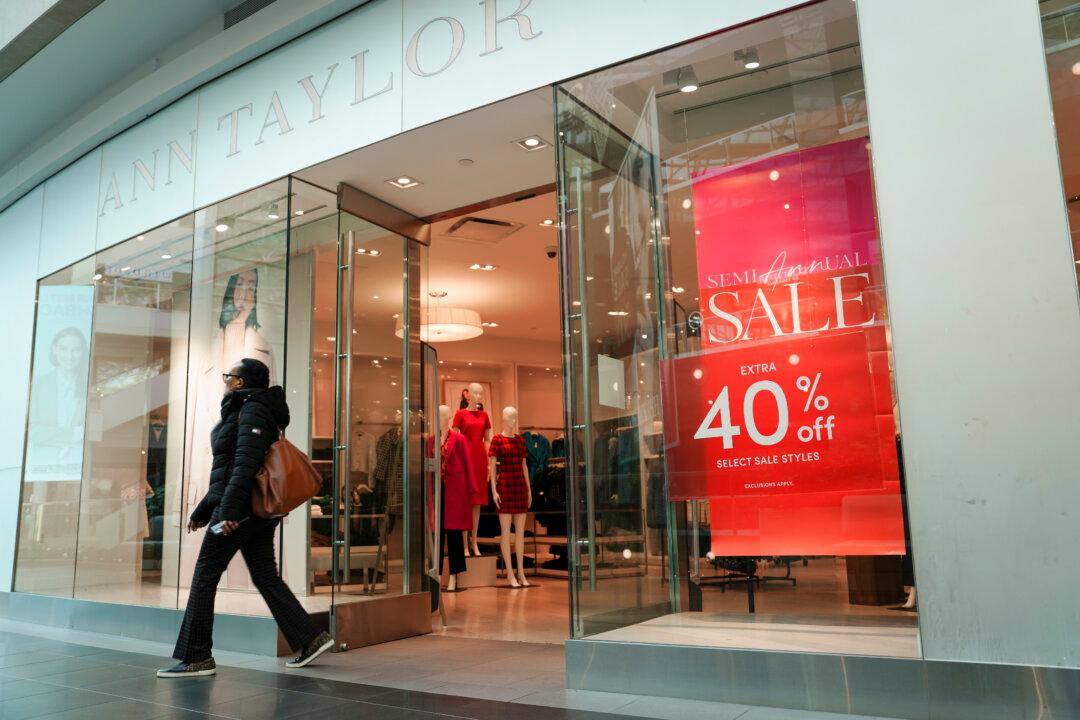
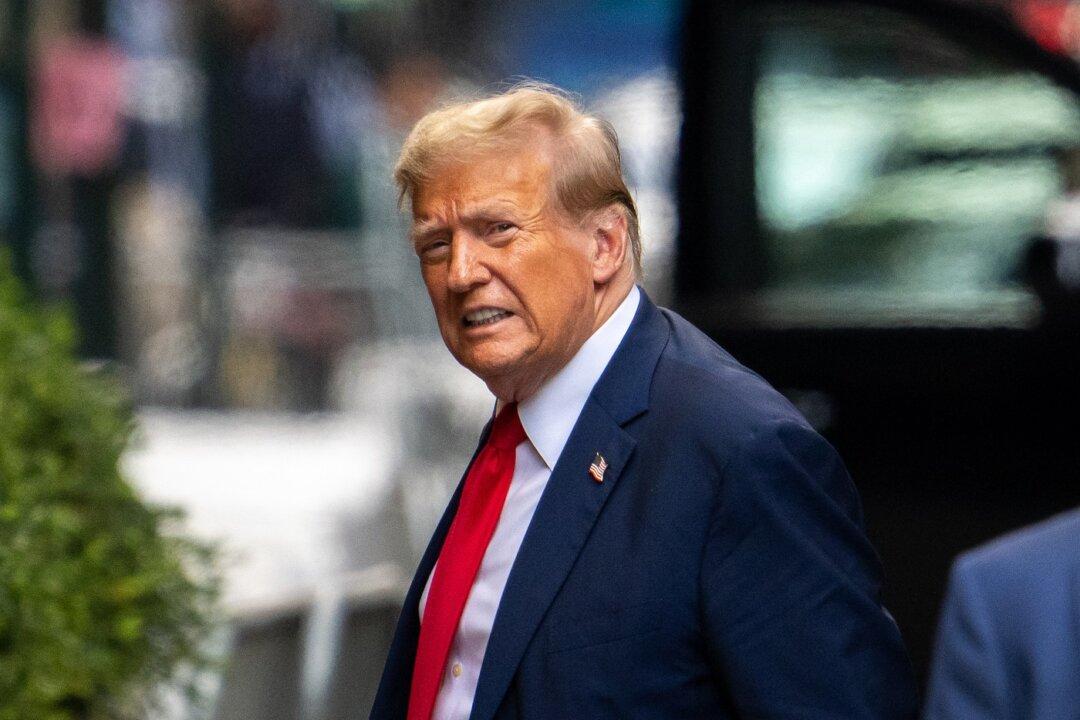
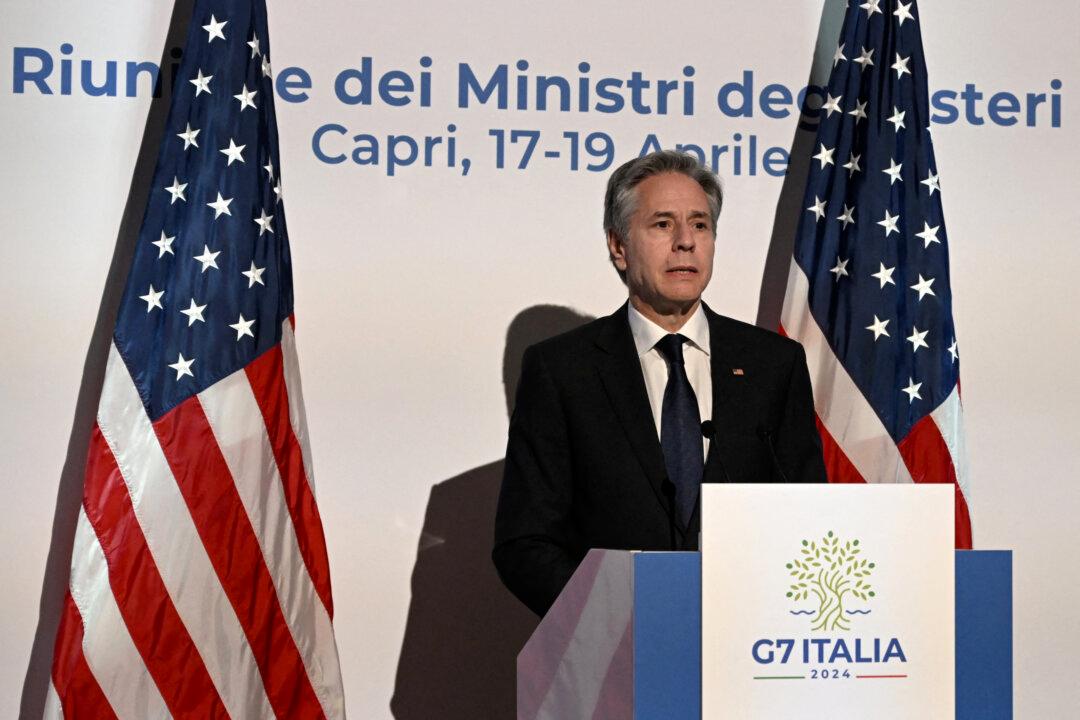
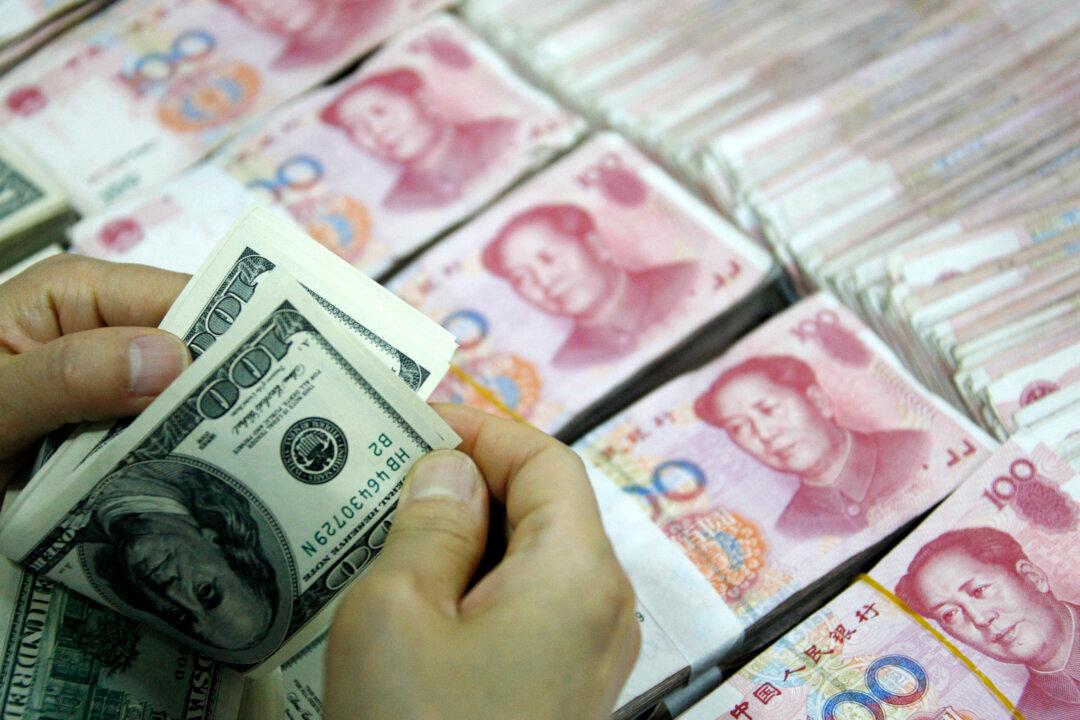
Friends Read Free